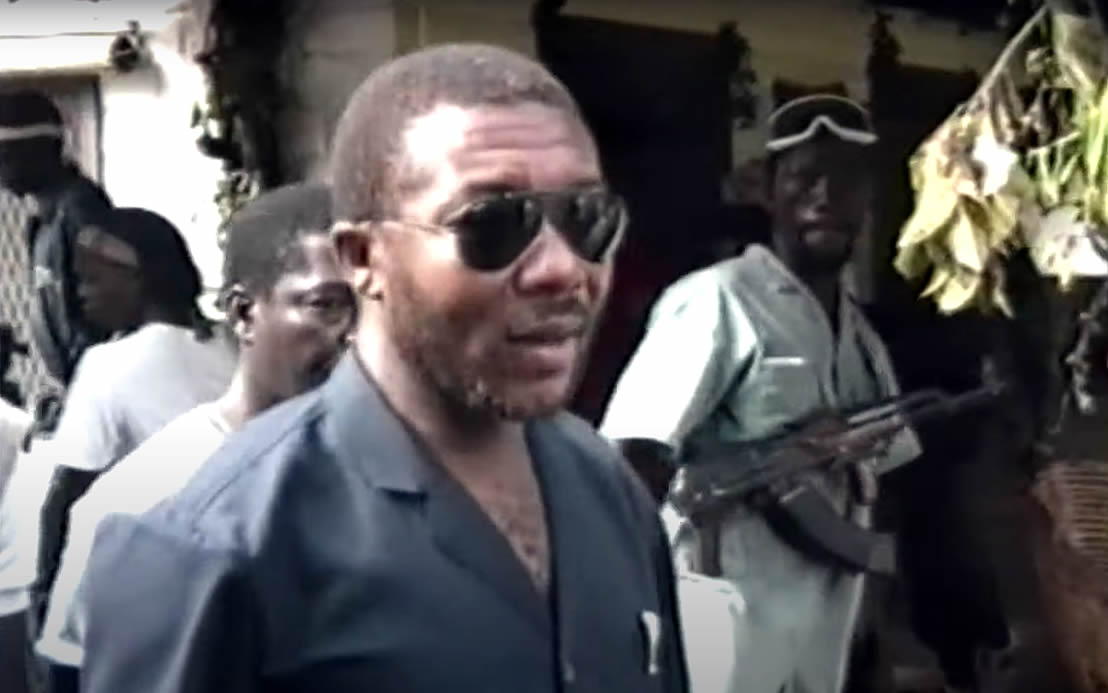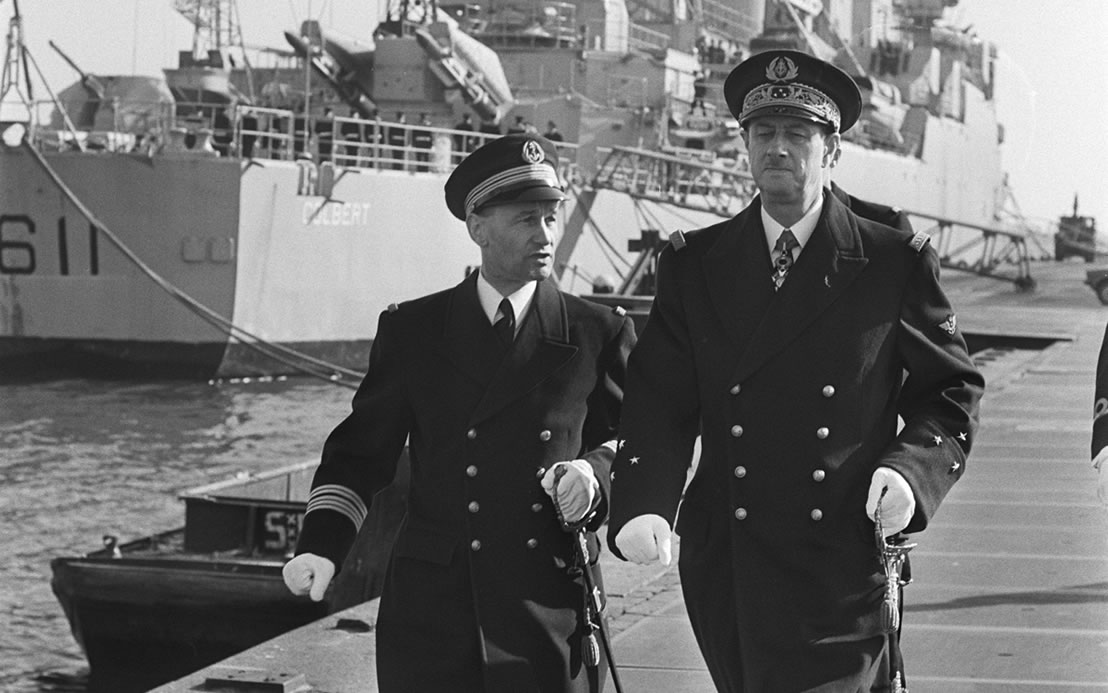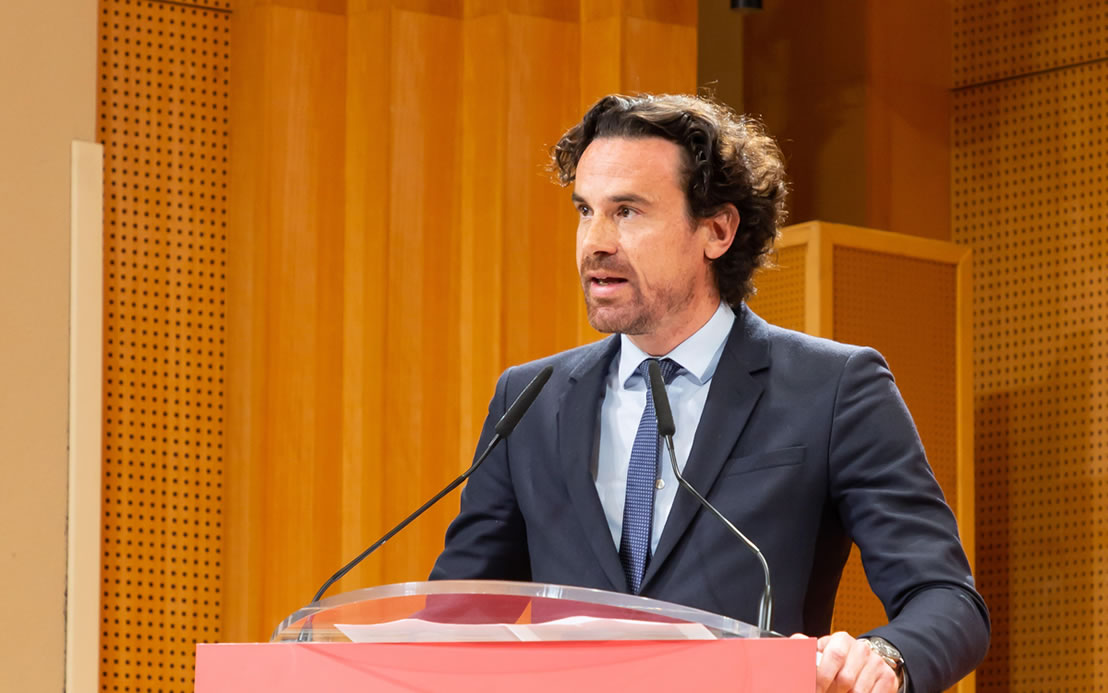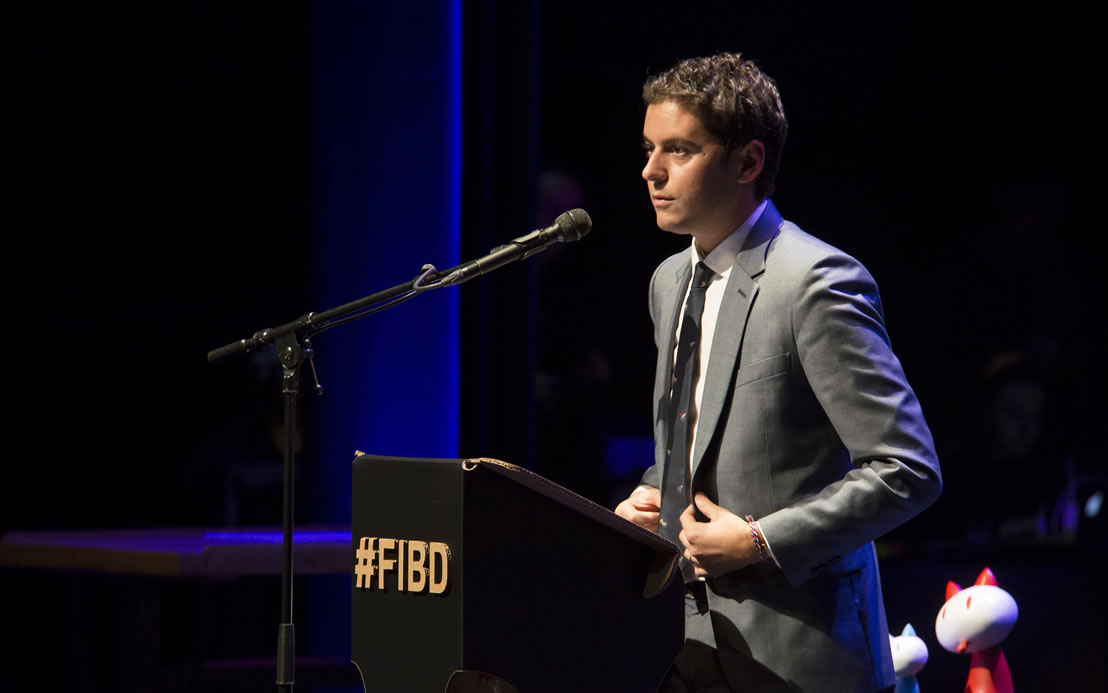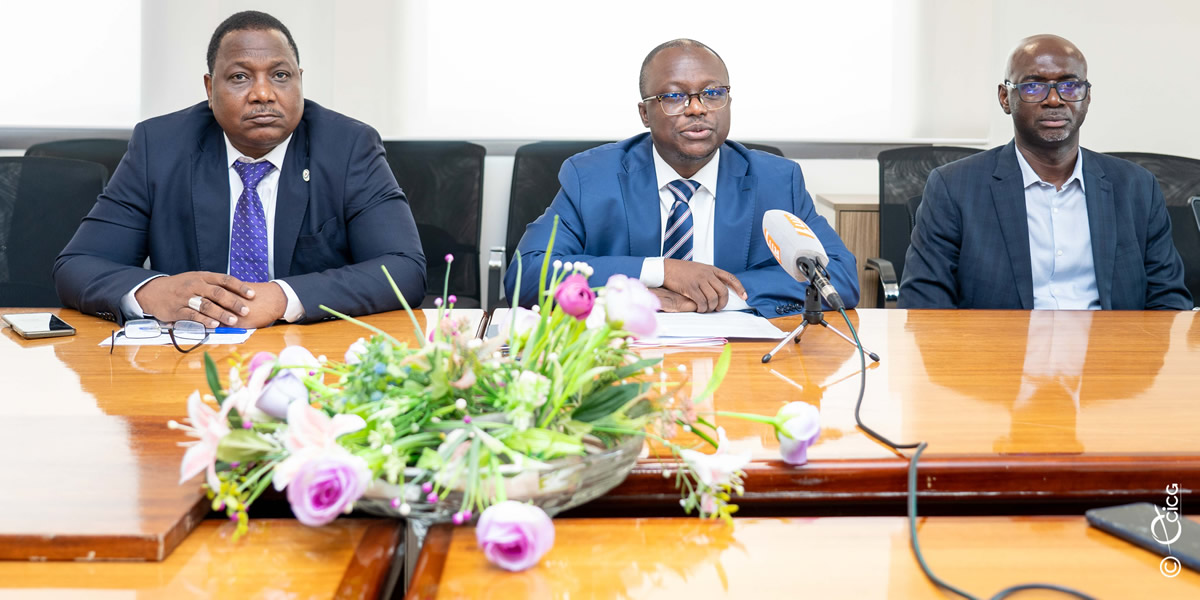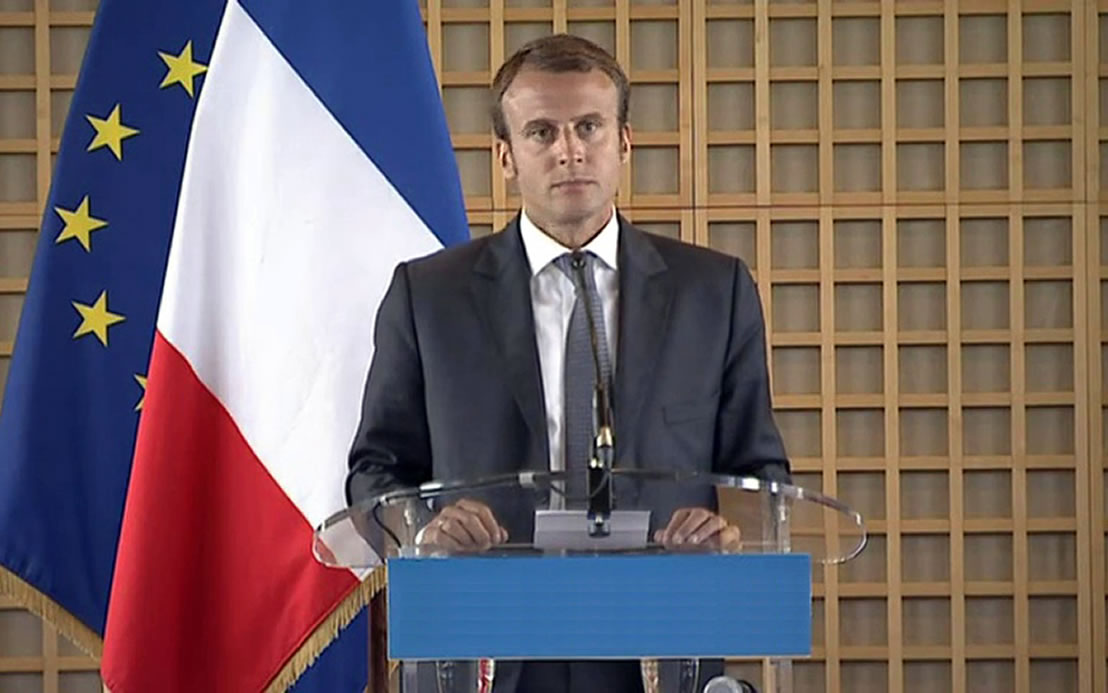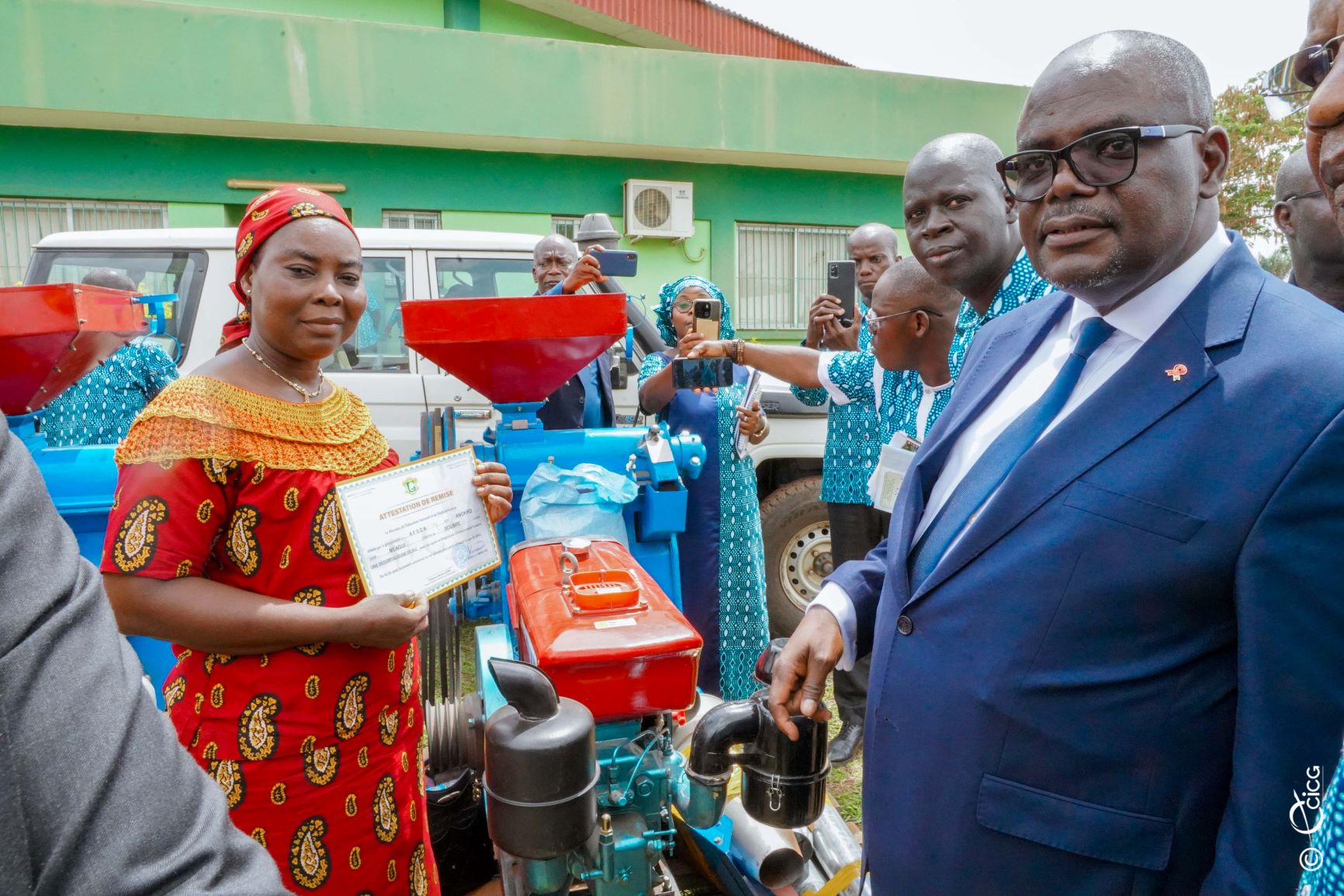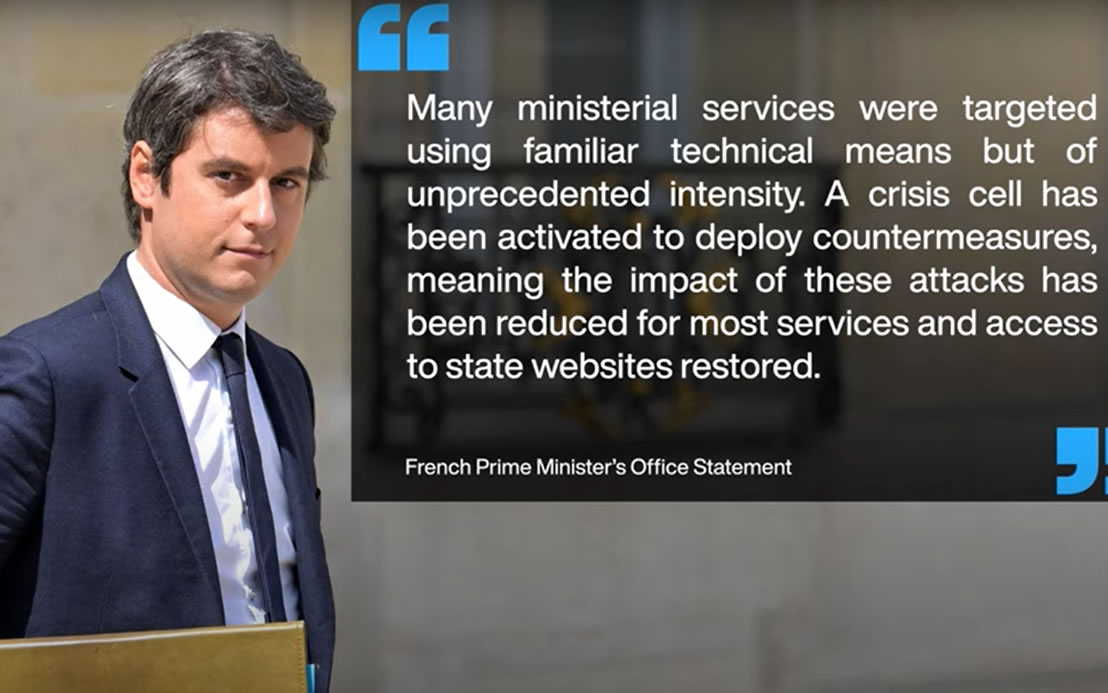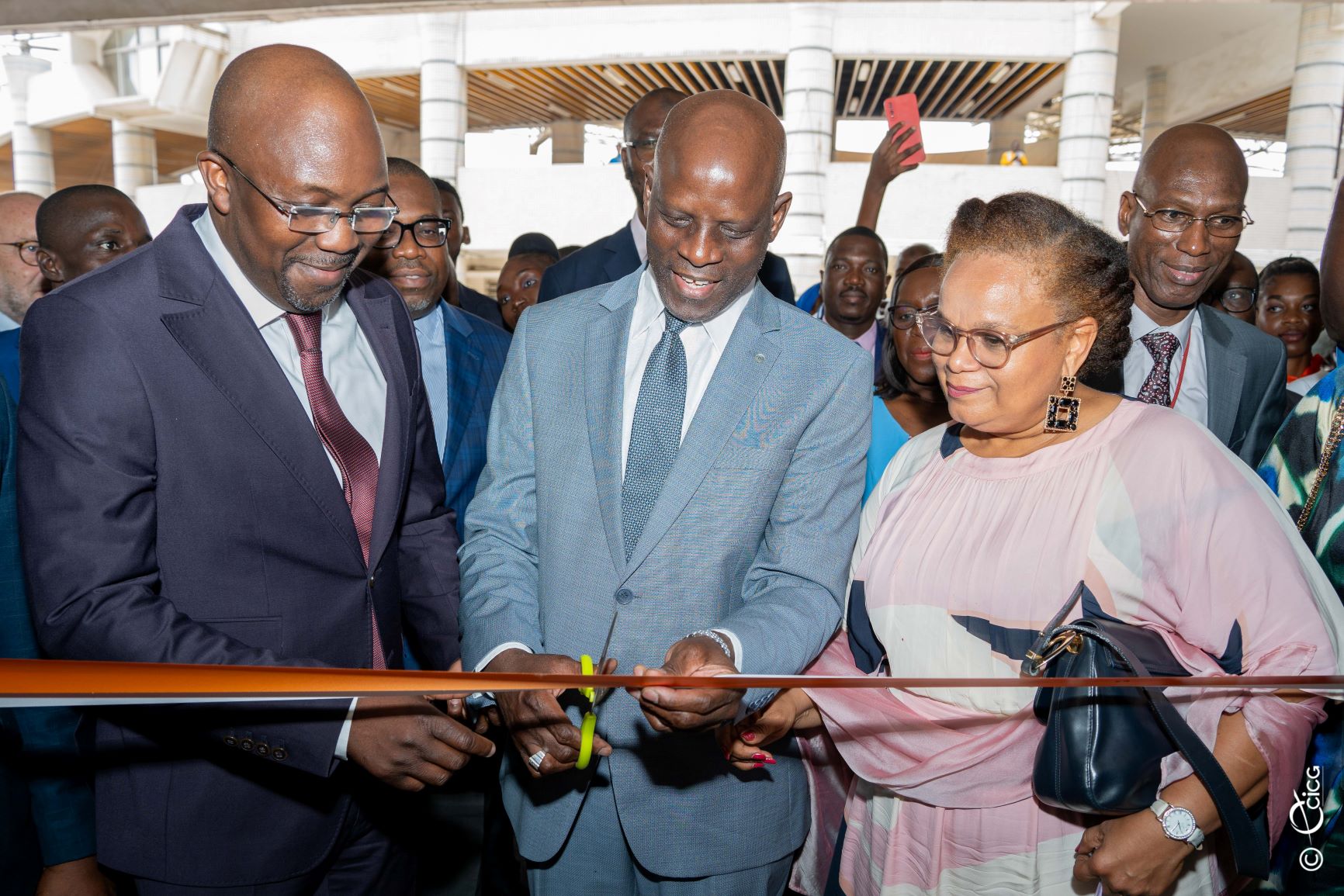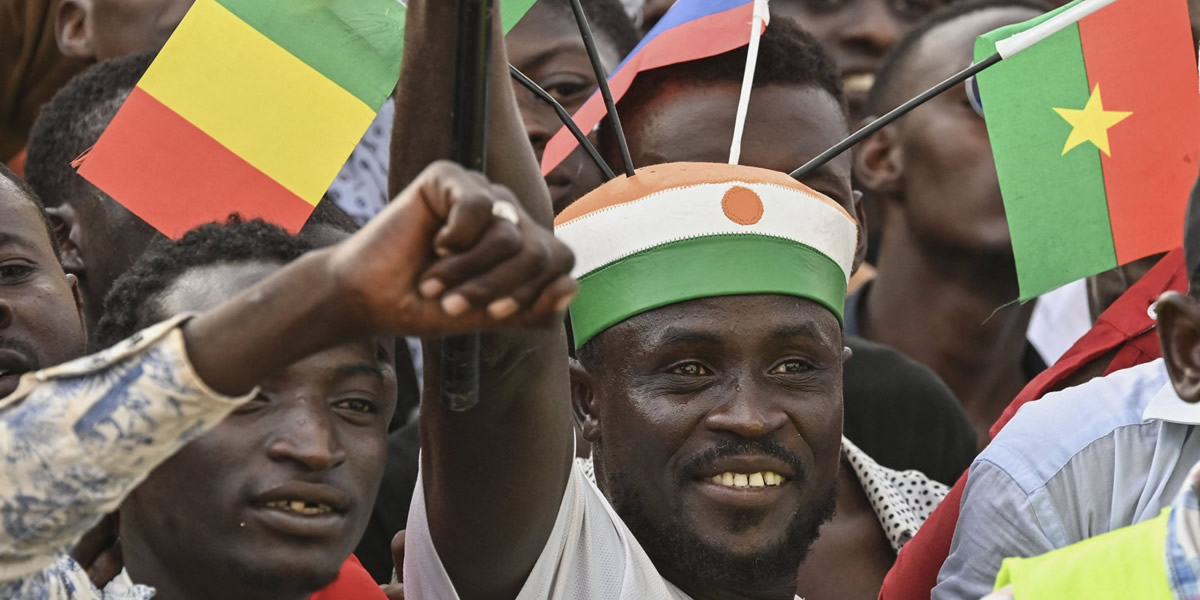A French court has once again delivered a landmark verdict in the case of Kunti Kamara, a former Liberian rebel commander. Sentenced to 30 years in prison, Kamara's trial is a stark reminder of the enduring quest for justice in the wake of Liberia's devastating civil wars and the complex path of holding perpetrators accountable.
Who is Kunti Kamara?
During Liberia's brutal first civil war (1989-1996), Kunti Kamara rose through the ranks of the United Liberation Movement of Liberia for Democracy (ULIMO). A powerful faction fighting against Charles Taylor's forces, ULIMO became notorious for its own horrifying abuses against civilians. Kamara, as a regional commander, stands accused of orchestrating or failing to prevent atrocities including torture, murder, rape, forced labor, and even cannibalism.
Seeking Justice Abroad: Why France?
Despite the horrific scale of atrocities committed during Liberia's civil wars, justice within the country remains elusive. Few war criminals have been brought to trial on home soil. This lack of internal accountability propelled victims and human rights groups, like Civitas Maxima, to seek legal action abroad using the principle of universal jurisdiction. France, in particular, has a specialized unit dedicated to investigating and prosecuting war crimes, crimes against humanity, and genocide, regardless of where the acts were committed.
A Landmark War Crimes Trial
Kamara's arrest in France in 2018 and subsequent trial marked a breakthrough moment. Not only was this case a significant test of France's universal jurisdiction laws, but it represented a rare instance of a Liberian warlord facing legal consequences for their actions. Kamara's initial life sentence in 2022 was challenged on appeal, resulting in the recent 30-year sentence that has drawn mixed reactions from survivors and activists.
Liberian War Crimes Trial in France: Testimony and Evidence
Survivors provided chilling accounts at the heart of Kamara's trial. They accused him of complicity in horrific acts, including the rape of teenage girls and the murder of a schoolteacher whose heart was allegedly cut out and eaten. Such brutal testimonies underscored the deep-seated trauma still carried by many Liberians decades after the conflict's official end.
The Path to Justice: Complex and Incomplete
Kamara's trial is a testament to the relentless pursuit of justice by victims and survivors of Liberia's wars. However, the case also illuminates the hurdles of prosecuting crimes committed decades ago in a distant country. Securing evidence, ensuring reliable witness accounts, and navigating the complexities of Liberia's fraught history all add to the challenge of these trials.
Lingering Disappointment and the Fight Continues
While many celebrated Kamara's conviction as a crucial step, some expressed frustration that his sentence was reduced from life imprisonment. For victims still yearning for complete closure, the 30-year term may feel inadequate. Yet, the very fact that a high-ranking former rebel commander has faced consequences in a foreign court offers a degree of solace as well as validation of their suffering to some victims.
Beyond Kamara: The Future of Accountability in Liberia
The Liberian war crimes trial in France places a renewed spotlight on the pressing need for justice in Liberia itself. Recent moves to establish a war crimes court within the country have been met with both optimism and skepticism. For true healing to begin, Liberia must face its history of violence by bringing perpetrators on its own soil to justice.




